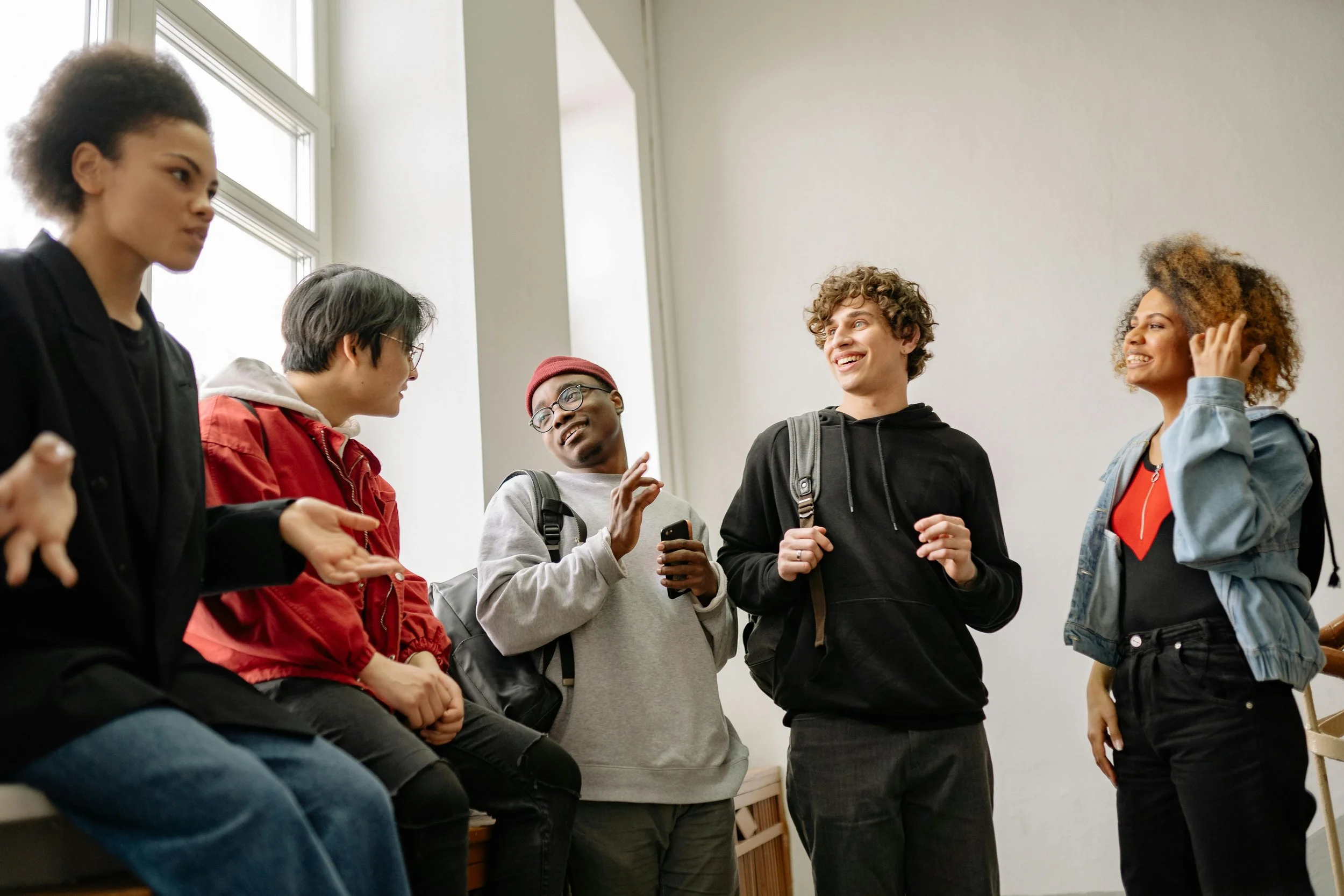Care Is Political: Rereading Disability Visibility Got Me Thinking
I just re-read Disability Visibility by Alice Wong, and it stirred something in me all over again.
This book isn’t just about disability rights—it’s about how we live, how we relate to each other, and how we show up (or don’t) in moments that matter. Reading it again brought up some hard questions I’ve been sitting with lately:
What do we mean when we say “care”?
Who do we make space for in our healing circles?
Who gets discarded in the name of “boundaries”?
As someone who works closely with trauma survivors (many of whom have complex PTSD, neurodivergence, or chronic health issues) I see how much we long to belong. And I also see how easy it is to replicate the same systems that harmed us in the first place when we equate safety with perfection and regulation with worthiness.
The Politics of Care
Alice Wong writes, “Care is political.”
And I agree.
In trauma healing spaces, we often talk about self-regulation as the goal. But what gets overlooked is how co-regulation (nervous systems syncing, people soothing each other) is part of what makes healing possible. You don’t have to be perfectly regulated to love or be loved. You don’t have to “fix” your emotions before showing up for community.
Too many people are repackaging ableism as healing.
“If they dysregulate you, cut them off.”
“If they don't speak your healing language, they’re toxic.”
“If they cry too hard, too loud, too long … block them.”
But let’s be honest: a lot of what we label “unsafe” is just uncomfortable.
Sanitized Healing Is Not Real Healing
The hard truth is: we’re discarding people for being human.
For crying. For yelling. For surviving in ways that aren’t pretty.
Sometimes the friend who screams when she’s overwhelmed is the one who brings you groceries when you can’t get out of bed.
Sometimes the person having a panic attack at the gathering is the one who will show up at your door when you’re spiraling.
And yes, sometimes people do need space. Boundaries are real.
But there’s a difference between boundaries and abandonment.
Between protection and disposability.
This Is Not About Romanticizing Dysregulation
I’m not asking you to martyr yourself or stay in relationships that cause ongoing harm.
But it is a call to ask:
Do I only value people when they’re regulated and neat?
Am I trying to build community, or a curation?
Have I confused healing with individualism?
Because the people who need the most care are often the ones our society (and sometimes even our “healing spaces”) push away first.
Interdependence Is the Way Forward
Healing isn’t just about becoming polished. It’s about becoming whole.
And that includes the messy, grieving, sensory-sensitive, dysregulated, chronically ill, and nonlinear parts of us.
Alice Wong’s book reminded me that disabled people have always modeled new ways of doing care. We honor rest, imperfection, mutual aid, and solidarity. And if we’re paying attention, there’s so much to learn.
I want to build a world, and a healing practice, where no one gets left behind for being too loud, too sad, too much, or too tired to “regulate first.”
Because care is political.
Because we heal in connection.
Because the revolution has a nervous system, too.
Inspired by Alice Wong's Disability Visibility.
For my fellow feelers, survivors, and community-builders: I see you.


